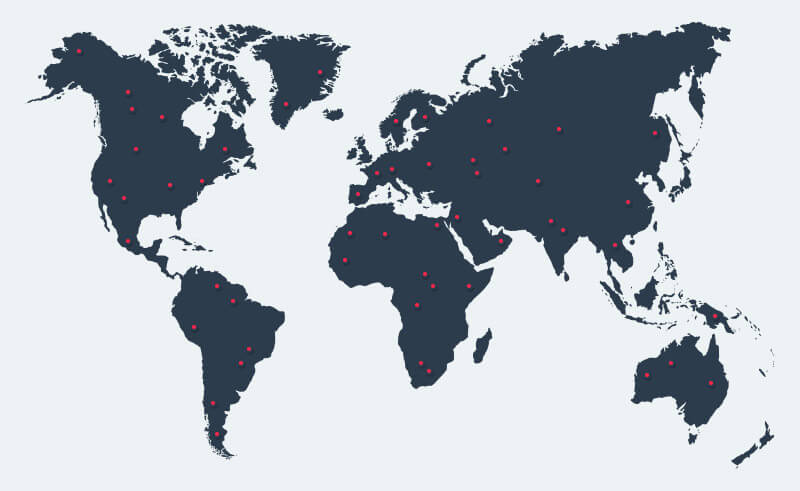Ensuring High Data Quality
In the sprawling landscape of modern IT environments, the diversity and volume of endpoints - from mobile devices and laptops - pose significant challenges for data quality management. High data quality is crucial for informed decision-making, compliance, security, and operational efficiency. Direct data collection from these myriad endpoints, therefore, becomes not just beneficial but essential for maintaining the integrity and reliability of organizational data.
The Importance and Challenges of High-Quality Data
The quality of data directly impacts the effectiveness of decision-making and operational processes within an organization, but the diversity and volume of endpoints present specific challenges for data quality. The sheer amount of data generated can be overwhelming, making it difficult to manage and maintain quality, different types of endpoints generate data in various formats, complicating aggregation, and lastly analysis and the fast pace at which data is generated requires equally rapid processing to maintain its relevance.
Business data should be accurate, complete, timely, and consistent. Without it, companies may face:
Poor Decision-Making
Decisions based on low-quality data can lead to misguided strategies and inefficiencies.
Compliance Risks
For many industries, ensuring data quality is not just best practice but a regulatory requirement.
Operational Inefficiencies
Inaccurate or incomplete data can cause errors and delays in processes, affecting overall productivity.
Strategies for Ensuring High Data Quality
To overcome these challenges and ensure high data quality from endpoints, organizations can adopt the following strategies:
- Automated Data Collection: Implement Echo that automatically receives data from endpoints and validates it for compliance and completeness. This reduces the manual effort required and minimizes errors.
- Standardization of Data Formats: Establish standard formats for data collected from different types of endpoints. This facilitates easier integration and analysis of the data.
- Real-time Processing: Utilize tools and systems capable of processing data in real-time or near-real-time to ensure its timeliness and relevance.
- Regular Data Quality Audits: Conduct regular audits to assess the quality of data being collected and identify areas for improvement.

Leveraging ITSM Systems for Enhanced Data Usage
Integrating endpoint data management with ITSM systems like ServiceNow and TOPdesk can further enhance data quality. These systems can provide a centralized platform for managing endpoint data, applying consistent processes for data collection, validation, and analysis. By leveraging the capabilities of ITSM systems, organizations can:
- Ensure consistent data quality across all endpoints.
- Automate compliance with current policies.
- Enhance decision-making with access to reliable, high-quality data.
- Automate repetitive processes e.g. in the off- and onboarding processes.

Conclusion
In the digital age, ensuring high data quality from a diverse range of endpoints is critical for operational success and strategic decision-making. By adopting automated, standardized, and real-time processes for data collection and validation, organizations can overcome the challenges of endpoint diversity. Integrating these processes with ITSM systems further strengthens the approach, providing a robust framework for maintaining high data quality in today's dynamic IT environments.

